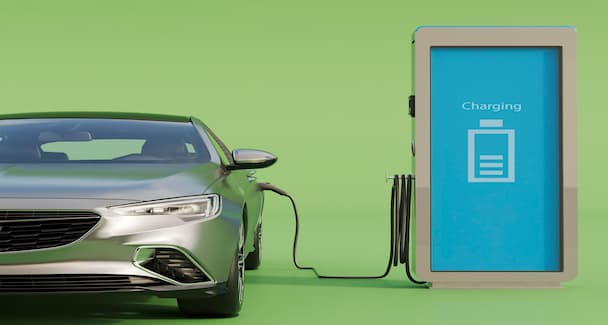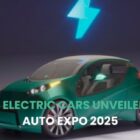Where Can I Find Type-2 Charging Stations Near Delhi, And How Much Does It Cost To Charge My Vehicle There?
Keeping the growing need for charging infrastructure required for the smooth performance of EV, the Indian Government is planning multiple charging stations. On the other hand, many locations are fully facilitated with fast-speed charging amenities. Whether you are in a hurry or in the midst of your journey, your EV battery can be easily charged on the way. However, people who have just started to experience the benefits of electric mobility need to understand the important aspects related to EV charging before looking for suitable recommendations.
To start with, if you are planning to avail charging facilities for your electric automobile at home, then, AC charger infrastructure will be sufficient for you. Alternatively, the setting up or installation of EV charging station must be addressed through the following steps:
Installation of EV charging station for home
When it comes to setting up the home charging station for EV, Type 1, Type 2, and DC & fast charging amenities should be chosen. Depending on the efficiency of charging facilities, you must connect with the top EV charging networks to finalize the right option. On the other hand, the professional technician should be hired for the installation of EV supply equipment or home charging solutions for EV. Well, this may incur upfront costs, but, the proper installation of home charging equipment for recharging electrical vehicles is a practical investment to consider.
Well-researched location should be used for setting up EV charging station
Convenient accessibility is the key aspect to focus on while setting up the type 1 or type 2 charging station in New Delhi for EV. In short, parking the automobile without any hassle is another point to reflect over, so that, the charging session for your automobile does not get hampered. It also implies that the parking station should have access to the electrical outlet to support the charging process. Alternatively, the electrical panel at home should be within the parking station to enable the EV charger to function uninterruptedly.
Proper electrical wiring inspection
Specifically, in the case of type 2 charging station installation at home, the electric panel or outlet should be compatible with the voltage & other requirements of the EV charger. On a practical note, the electrical panel should be upgraded or a safety-compliant wiring system should be invested in to accommodate the power requirements of the EV charging station. Be it in terms of safety, speed, or electrical compatibility with fast charging, the proper installation by hiring a well-qualified electrician will be the right decision. The electrician will run a quick check to evaluate the performance and the scope of upgrades required before the installation of the type EV charging equipment.
Charging station connectivity quick-check
After the installation of type 2 EV charging station in Delhi, connecting the equipment to the electrical panel of the home should be executed by following the manufacturer’s user guide. Additionally, exploring the basic yet very important steps of mounting the station on a wall or addressing the electric panel connectivity must be followed. This step will apply to the DIY set-up of the EV charging unit.
In addition to the above steps, plugging in EV to start a rapid charging session, regulating the EV charging process to check the status of the battery and the remaining time, and unplugging and disconnecting the charger from EV are the crucial steps to be addressed while using the charging services for the electrical vehicles.
Locating the type 2 charging station in Delhi for EV
Even though there are over 30,000 charging stations for EV in Delhi, the speed of charging infrastructure may be variable. Depending on the slow speed, inexpensive, and fast speed EV charging services, these stations are equipped with type 1, type 2, and DC fast and CCS chargers. Be it the accessibility to one of the best out of the 118 EV charging stations in East Delhi, 60 charging stations in West Delhi or 157 charging stations in South Delhi, and 24 charging stations in North Delhi, the whole idea is to simplify the accessibility. Hence, Electriva, the one-stop EV charging solution helps you in recommending the type 2 charging infrastructure and the setting up of EV charging stations for home as well as commercial requirements.
All our competitively priced EV chargers to be installed at home have variable cost structure. Based on the features of the EV charger, innovative mechanism, and the additional services of installation & inspection, our professionals customize the package for the consumers. For a detailed discussion about the EV charging infrastructure compatibility, cost, and demo, share your requirements at info@electrivaindia.com





